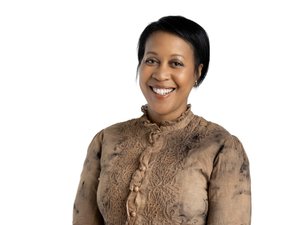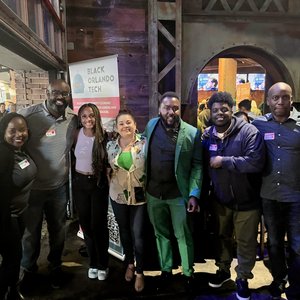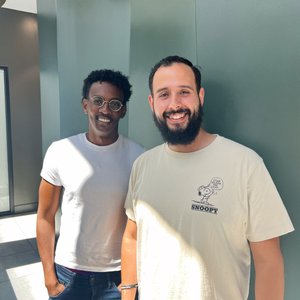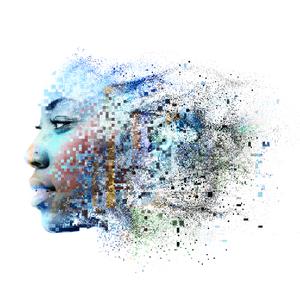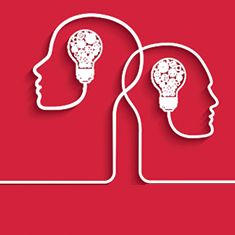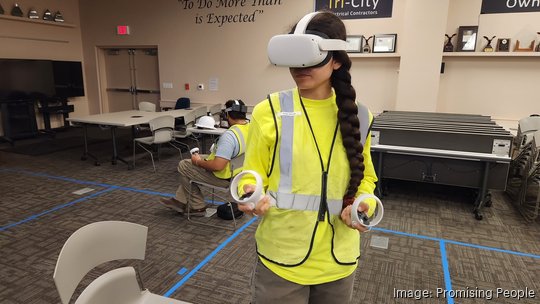
Promising People, an Orlando simulation startup, launched a new program that provides step-by-step virtual-reality training for electricians' assistants who are on the path to becoming full-fledged electricians.
The program allows businesses, educational institutions and other organizations to partner with Promising People to develop a stronger workforce in this in-demand profession through certification, said President and Chief Technology Officer Robin Cowie.
While there are existing programs to educate and certify future workers in this position — known as electrical helper — they all require students to go to a particular location for hands-on training, Cowie said. Promising People's program is online.
Promising People's new electrical helper training program also requires significantly less capital investment than traditional programs at $250 for a VR headset, Cowie said. “One of the reasons we've digitized this experience and knowledge is because it's a scalable solution."
Why this matters: This nationally relevant program is a big deal in Central Florida. Metro Orlando has the eighth-largest electrical helper workforce in the nation, and Florida is second in the nation.
A virtual experience in training for a role can yield the results employers are looking for, Cowie said. He was a producer of the 1999 hit film "The Blair Witch Project" — the first movie made by Orlando creators to make it to Sundance Film Festival and the fifth highest-earning independent film of all time. Cowie’s orientation is all about perspective. Like the film, which distinguished itself by shooting in first person, the electrical helper program is built on point-of-view learning, he said.
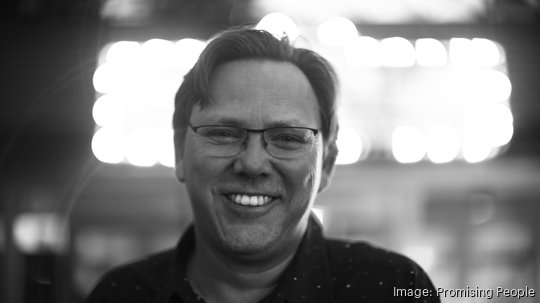
When a student in the training program puts on the VR headset, they watch a 3D video that uses real tools from the perspective of a person working at a real location, he said.
"I borrowed from my experiences developing video games, creating simulations of the real setups electrical helpers will work in. In this scenario, the student picks up digital tools and follows directions given by a voice that walks them through how to do the work. When the student is tested, they do the work without the guiding voice. By the time they’ve made it through all 64 lessons, we know they've got 100% competency.”
Orlando Business Journal sat down with Cowie to learn more about what impact his company intends to make on workforce training. Here's what he shared:
What problems does Electric Helper aim to solve?
Right now, most electrical helpers learn on the job. They come to the job site without knowing the safety requirements or the equipment. It takes them six to eight months to get up to speed. Our training accelerates that dramatically; it takes 15 days to learn. The certification you earn is a stackable credential that helps people move through apprenticeship more quickly than any in-person program or on-the-job training.
Who are the people that can benefit from this type of training?
The virtual nature of the training also makes it accessible for prison populations. My father did a bunch of work with a man named Dave Clark who ended up going to prison. My dad would visit him and Dave would talk about the challenges of being in prison, especially the difficulties people face coming out of prison. My dad co-founded Promising People with Dave Clark about three years ago with a plan to help people who have served their time rejoin the workforce.
The approach your program takes seems like it could be applicable to training for many fields. Why did you choose electrical helpers as your focus?
There aren’t enough electricians. Electricians are aging out, retiring. In the U.S., we need 80,000 new electricians annually, but fewer young people are choosing the profession. Becoming an electrician is a process, and it starts with electrical helpers. So, we’re providing a path for people who need jobs for a field where there aren’t enough workers. We are looking at other trades, too.
You mentioned you have developed video games. Which ones and how does that relate?
I made four versions of Madden and consulted on FIFA. I also consulted with a group called Seed, which was the research-and-development arm of EA Sports. During that time, I got to work on VR, augmented reality and AI projects. Then I moved to London and became the lead technology officer for Helo, where we did a ton of VR and all kinds of digital experiences for Nissan, Meta and other clients. All of that experience helped create Electrical Helper. It’s very appealing to young people because it is a lot like playing a video game. It’s an immersive experience. They take to it really quickly. The program is a data machine, too. It’s smart. If you don’t complete a lesson perfectly, it sends you back to practice until you get it right. That’s a video game approach as well. These kids basically game their way into a trade.
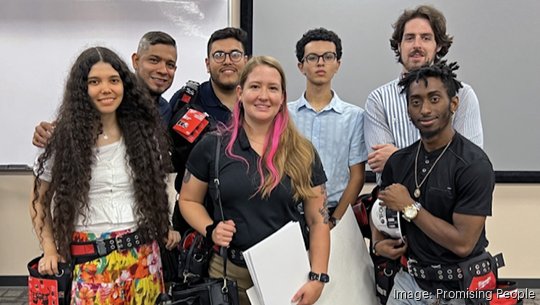
Now that you’ve launched, what is the response?
We're working with some [undisclosed] staffing companies. One of the challenges that a staffing company has is somebody comes to you and says, ‘Hey, I'm an electrical helper.’ But the staffing company won’t know what the person’s skill level is. We have a VR skills assessment test that takes about an hour. If they pass that test, they can be placed in a position. If not, we're able to quickly bring them into the VR training. Once they pass it, then the staffing company knows they've got a qualified person. Placement success rates improve. We’re working on a couple of different fronts. We’re talking to electrical contractors. I don't want to mention any of the names but several of them that are coming on board right now. We're in conversations with a number of prisons and jails as well as high school technical programs.
Promising People
- Founded: 2020
- Top executives: Founders Les Cowie and Dave Clark; Robin Cowie, president and chief technology officer
- Location: 618 East South St.Suite 500, Orlando, FL 32801
- Contact: promisingpeople.com
For more stories like this one, sign up here for Orlando Inno newsletters from the Orlando Business Journal and the American Inno network. And be sure to follow us on LinkedIn, Facebook and Twitter.



